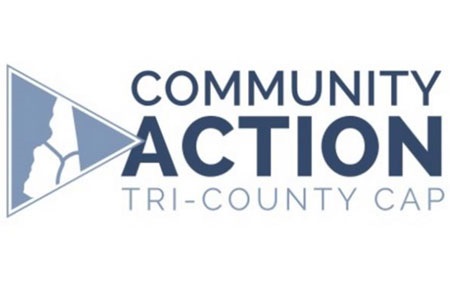Energy upgrades aid low-income families
By AARON SANBORN This email address is being protected from spambots. You need JavaScript enabled to view it. May 15, 2012
EXETER — The town is currently home to a massive weatherization effort targeting manufactured homes.
Southern New Hampshire Services is attempting to weatherize about 100 homes in the town's four manufactured-housing parks: Exeter River, Icy Hill, Exeter-Hampton and Powder House.
Crews from Southern New Hampshire Services were at the Exeter River Landing last week weatherizing several homes.
According to Rick Minard of the nonprofit New Hampshire Community Loan Fund, weatherization is an option usually offered from the state's five community action programs to those who apply for fuel assistance each winter. Fuel assistance is awarded based on income levels.
The effort was expanded this year. The Community Loan Fund is working through the community action programs to weatherize manufactured homes in co-ops statewide with a $2 million grant from the N.H. Public Utilities Commission using money from its Regional Greenhouse Gas Emissions Reduction Fund, according to Minard.
Minard said the U.S. Department of Energy has contributed a $600,000 grant to the project. Statewide, the grants should weatherize about 425 manufactured homes in 20 resident-owned communities by the end of the year. The home energy audits and weatherization services are free.
Minard said the average per-home weatherization cost is $6,500, adding that the weatherization work reduces a household's energy consumption by about 25 percent. "That would be a huge impact on home energy costs in Exeter," he said.
Exeter River co-op resident Grant Clough took advantage of the opportunity.
"This place is nice, but you wouldn't want to wear a hat in here because it would blow off," he joked about the drafts in his home.
Clough said he typically spends about $1,400 a winter on heat, and he is optimistic the weatherization will help bring the cost down. "This should be a big help," he said.
Clough said he is conscientious about his energy usage and often unplugs appliances when he's not using them.
Ken Cantara, the energy auditor that worked on Clough's home, said prior to the weatherization services, he measured 1140 CFMs in Clough's home. CFM is short for cubic feet per minute, a measurement of the velocity at which air flows into or out of a space.
After insulation was added and some duct work was done, the CFM measurement in Clough's home was cut to 700 CFMs, according to Cantara. "He'll save about 100 gallons of fuel a year, based on my past experience," Cantara said.
Cantara said Clough should also save in the summer on air conditioning costs.
In addition to the weatherization efforts, energy auditors also conduct carbon monoxide readings on homes and check for other safety issues, such as gas leaks. "We don't want to go through with the weatherization process and make a problem worse," Cantara said.
Crews fixed a gas leak in Clough's heating system prior to doing the work on his home and installed a new carbon monoxide detector, Cantara said. He said it usually takes three to five days to complete weatherization efforts in a home.
Minard said weatherization is cost-effective. "You make this type of an investment in a home and it will last a long time," he said.
This may also be the last time the services are offered on such a large scale, according to Minard. He said the state Legislature is looking to cut the Regional Greenhouse Gas Emissions Reduction Fund. "I don't think they understand how important it is for the community," he said. "If we lose that funding, it will be a shame because the feds won't be there to pick up the tab."
Homeowners must qualify for fuel assistance to be eligible for the program. Anyone who is interested in weatherization but who does not already receive fuel assistance is asked to call Southern New Hampshire Services at 895-2303 or Rockingham Community Action at 431-2911.
 Reprinted with permission.
Reprinted with permission.








